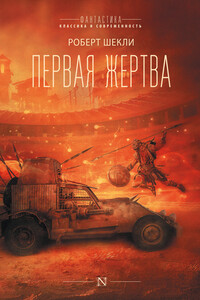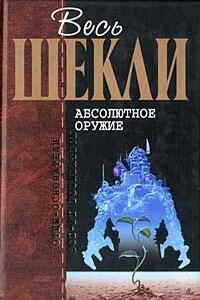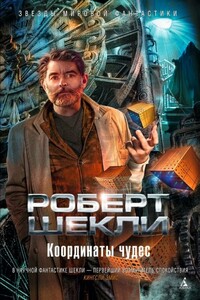|
| Toward the end of the week, a few of us got together in the back of Edmonds's store and began to discuss Mr. Edgar Smith. | В конце недели кое-кто из нас собрались в задней комнате магазина Эдмондса и стали обсуждать мистера Эдгара Смита. |
| I mentioned the things he had said to me. | Я упомянул про фразы, сказанные им мне. |
| Bill Edmonds remembered that Smith had cited a man named Emerson, to the effect that solitude was impractical, and society fatal. | Билл Эдмондс вспомнил, что Смит ссылался на человека по имени Эмерсон, который утверждал, что одиночество невозможно, а общество фатально. |
| Billy Foreclough told us that Smith had quoted Ion of Chios to him: that Luck differs greatly from Art, yet creates many things that are like it. | Билли Фарклоу сообщил, что Смит цитировал ему какого-то Иона Хиосского: "Удача сильно разнится от Искусства, но все же создает подобные творения". |
| And Mrs. Gordon suddenly came up with the best of the lot; a statement Smith told her was made by the great Leonardo da Vinci: vows begin when hope dies. | Но жемчужина оказалась у миссис Гордон; по словам Смита, это была фраза великого Леонардо да Винчи: "Клятвы начинаются, когда умирает надежда". |
| We looked at each other and were silent. | Мы смотрели друг на друга и молчали. |
| It was evident to everyone that Mr. Edgar Smith-or whatever his real name might be-was no simple repairer of furniture. | Было очевидно, что мистер Эдгар Смит - не простой мебельщик. |
| At last I put into words what we were all thinking. | Наконец я выразил словами то, что все мы думали. |
| "Friends," I said, "this man appears to be a Mnemone." | - Друзья, - сказал я. - Этот человек - мнемон. |
| Mnemones as a distinct class came into prominence during the last year of the War Which Ended All Wars. | Мнемоны как отдельная категория выделились в течение последнего года Войны, Покончившей Со Всеми Войнами. |
| Their self-proclaimed function was to remember works of literature which were in danger of being lost, destroyed, or suppressed. | Они объявили своей целью запоминать литературные произведения, которым грозила опасность быть затерянными, уничтоженными или запрещенными. |
| At first, the government welcomed their efforts, encouraged them, even rewarded them with pensions and grants. | Сперва правительство приветствовало их усилия, поощряло и даже награждало. |
| But when the war ended and the reign of the Police Presidents began, government policy changed. | Но после Войны, когда началось правление Полицейских Президентов, политика изменилась. |
| A general decision was made to jettison the unhappy past, to build a new world in and of the present. | Была дана команда забыть несчастливое прошлое и строить новый мир. |
| Disturbing influences were to be struck down without mercy. | Беспокоящие веяния пресекались в корне. |
| Right-thinking men agreed that most literature was superfluous at best, subversive at worst. | Здравомыслящие согласились, что литература в лучшем случае не нужна, а в худшем - вредна. |
| After all, was it necessary to preserve the mouthings of a thief like Villon, a homosexual like Genet, a schizophrenic like Kafka? | В конце концов, к чему сохранять болтовню таких воров, как Вийон, и шизофреников, как Кафка? |
| Did we need to retain a thousand divergent opinions, and then to explain why they were false? | Необходимо ли знать тысячи различных мнений, а затем разъяснять их ошибочность? |
| Under such a bombardment of influences, how could anyone be expected to respond in an appropriate and approved manner? | Под воздействием таких влияний можно ли ожидать от гражданина правильного и лояльного поведения? |
| How would one ever get people to obey orders? | Как заставить людей выполнять указания? |
| The government knew that if everyone obeyed orders, everything would be all right. | А правительство знало, что, если каждый будет выполнять указания, все будет в порядке. |
| But to achieve this blessed state, divergent and ambiguous inputs had to be abolished. | Но дабы достичь этого благословенного состояния, сомнительные и противоречивые влияния должны быть уничтожены. |
| The biggest single source of confusing inputs came from historical and artistic verbiage. Therefore, history was to be rewritten, and literature was to be regularized, pruned, tamed, made orderly or abolished entirely. |



